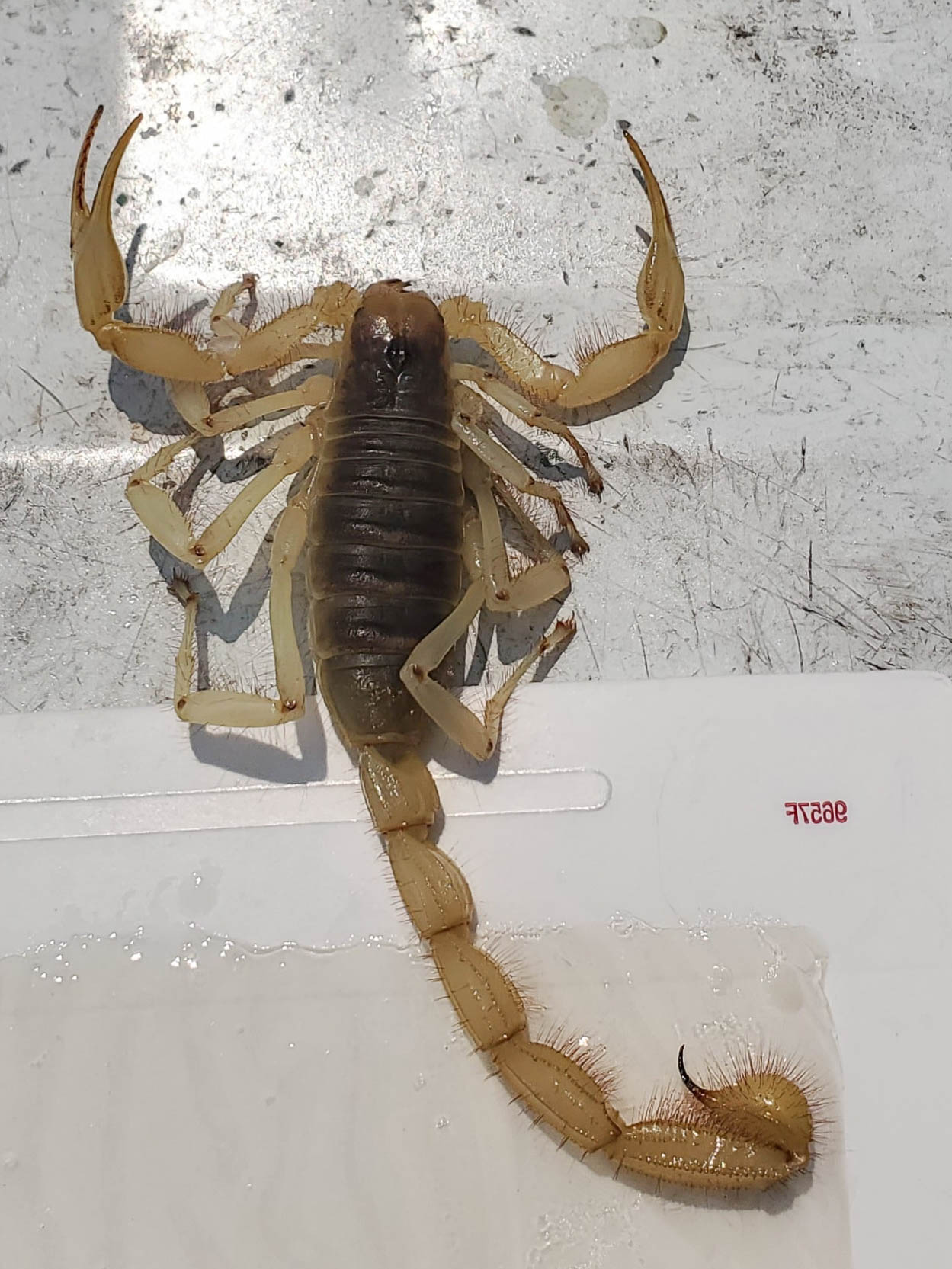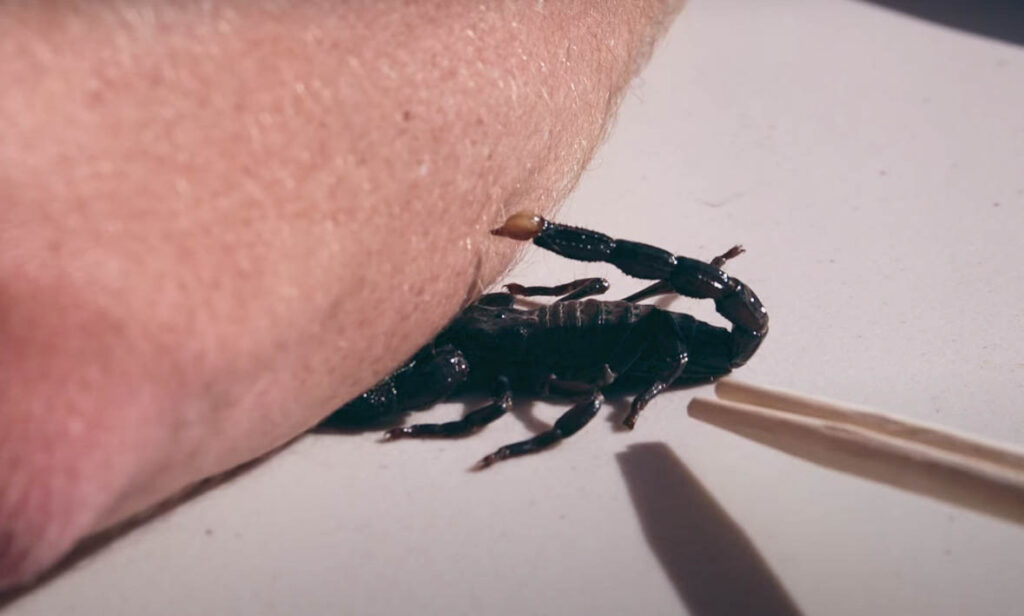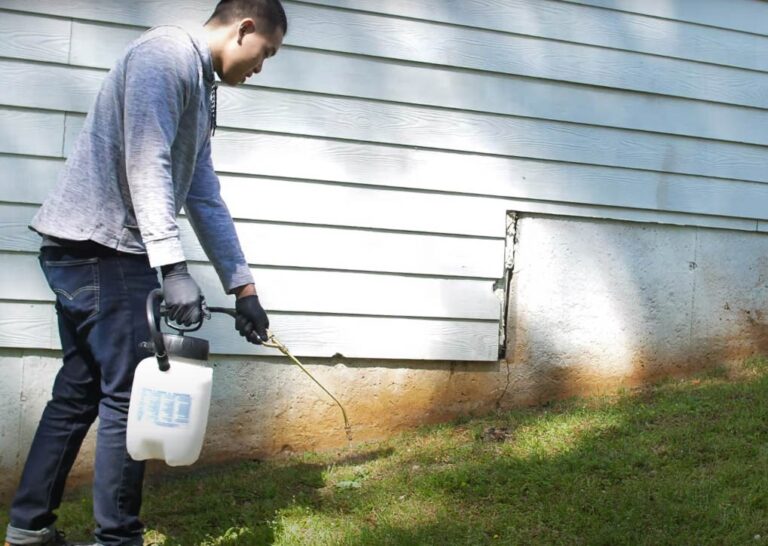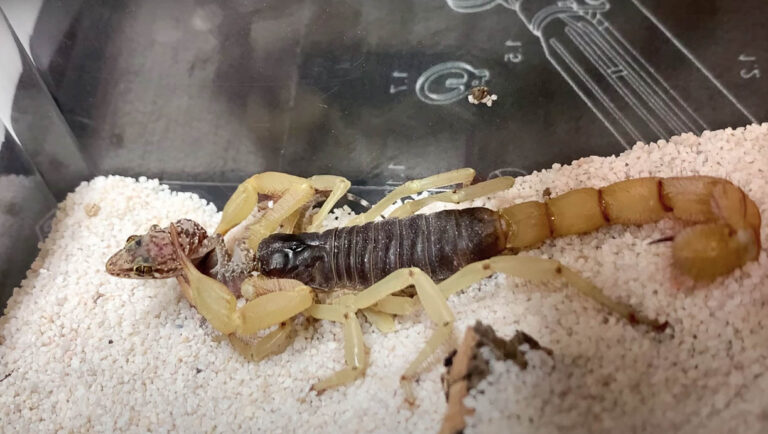A guide on scorpion stings
A Guide on Scorpion Stings
Getting stung by a scorpion is the worst-case scenario when dealing with these pests. The pain is excruciating, and the onset is instantaneous. Within a matter of minutes, the area around the sting will begin to swell and become inflamed. By the end of an hour, other symptoms may begin to evolve.
If you’ve been stung by a scorpion, it is sensible to head straight to a doctor. The chances of the sting being deadly are slim. Of the over 1,500 species of scorpion worldwide, there are only thirty capable of killing a person. But the symptoms of a scorpion sting are still severe enough to warrant medical attention.
The symptoms of a scorpion sting
As a rule, the symptoms of a scorpion sting should be localized around the sting site.
Localized symptoms include:
- Excruciating pain
- Swelling and signs of inflammation
- Tingling and numbness in surrounding skin
If the symptoms become more generalized (which should occur within the hour), then medical treatment is advised. These symptoms include:
- Difficulty breathing
- Convulsions
- Muscle contortions and thrashing
- Dribbling and drooling
- Nausea and vomiting
- Sweating
- High blood pressure
- Fast heart rate

In some people, a scorpion sting can lead to an allergic reaction. In the worst-case scenario, they can enter into anaphylaxis. In such a scenario, look for hives and severe difficulty breathing. Swallowing may also become difficult, and there can be a tightness in the throat. If you suspect anaphylaxis, immediate medical help must be sought. Prevent the person from choking, and if breathing stops then begin CPR. If the person has an epinephrine (adrenaline) pen (EpiPen), then consider using it.
Treating a scorpion sting
Scorpion stings are traditionally treated with antivenin. However, antivenin is at its most effective before symptoms begin to develop. It is most commonly given to children in rural areas, where the quality of medical care is limited. For most people who experience a scorpion sting, the treatment will depend upon whether you have experienced an allergic reaction or the severity of your symptoms. If your symptoms are severe, then you may be given a sedative to help treat the muscle spasms. Furthermore, medication can be provided for high blood pressure, pain, and agitation. Whereas, if you have had an allergic reaction, then the treatment will revolve around IV antihistamines and other anti-allergic medications.

Complications of scorpion stings
For the vast majority of people, a scorpion sting does not mean death. However, in vulnerable groups such as older adults and children, there is an increased risk of death if left untreated. The most common cause of death is from heart or respiratory failures in the hours following the sting. But annually, in the developed world, very few people die of scorpion stings.
Prognosis of scorpion stings
In most cases, aside from being extremely painful, scorpion stings have no long-term complications. Even in people who experience anaphylaxis, with access to good quality medical care, most are expected to make a full recovery. The greatest risk from scorpion stings isn’t from the sting itself, but due to not having the necessary medical care.
Conclusion
So, remember: most scorpions are not deadly. Their stings can be excruciating but are unlikely to kill. If stung, seek medical help. Typically, symptoms are localized to the sting site. However, systemic symptoms can occur after an hour.

Most treatment revolves around the severity of symptoms and the presence of an allergic reaction. If a person has difficulty breathing and has a rash, then this could be anaphylaxis: seek immediate medical help.






